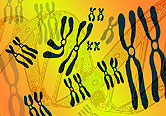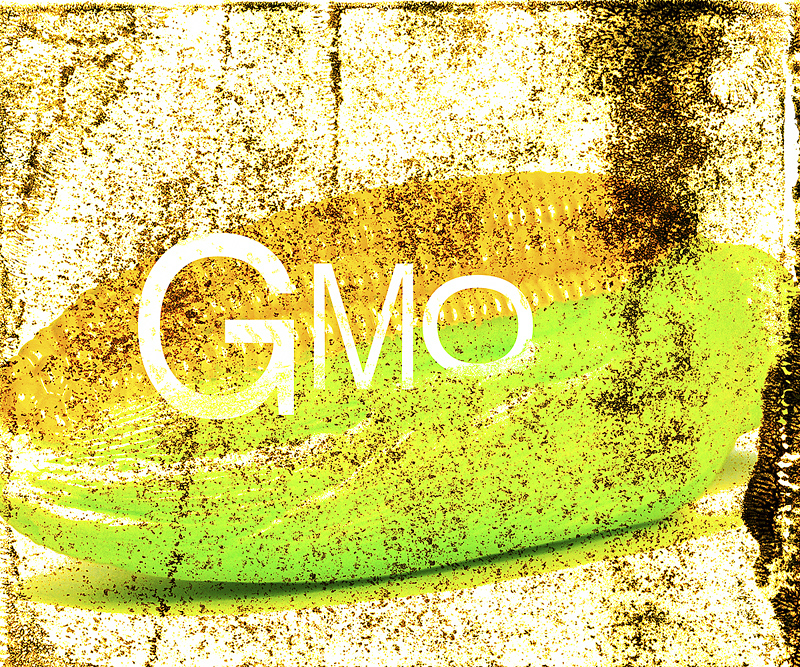
WEDNESDAY, Sept. 18 (HealthDay News) — Some children diagnosed with autism may actually have a genetic deletion disorder instead, according to a new study.
These children are often misdiagnosed because the social impairments associated with their developmental delay can resemble features of autism, said the researchers at the University of California, Davis, MIND Institute.
Rates of autism in children with 22q11.2 deletion syndrome have been reported at between 20 percent and 50 percent. But this study found that none of the 29 children with the syndrome “met strict diagnostic criteria” for autism.
The findings show that rigorous evaluations are needed to accurately diagnose autism in children with 22q11.2 deletion syndrome, the researchers said in the study, which was published online Sept. 18 in the Journal of Autism and Developmental Disorders.
Children diagnosed with 22q11.2 deletion syndrome may have mild to severe heart problems, weakened immune systems and malformations of the head, neck and roof of the mouth (palate). They also experience developmental delays, with IQs in the borderline to low-average range. They experience significant anxiety and appear socially awkward.
According to the U.S. National Institutes of Health, 22q11.2 deletion syndrome affects about one in 4,000 people, although it may be more common with some cases being misdiagnosed.
Autism treatments do not work for children with 22q11.2 deletion syndrome and further study is needed to assess more appropriate treatments for these children, such as improving their communication skills, treating their anxiety, and helping them to remain focused and on task, according to study lead author Kathleen Angkustsiri. She is an assistant professor of developmental-behavioral pediatrics at the MIND Institute.
“There are a variety of different avenues that might be pursued rather than treatments that are designed to treat children with autism,” Angkustsiri said in a university news release. “There are readily available, evidence-based treatments that may be more appropriate to help maximize these children’s potential.”
Although children with the disorder do have social impairments, they are unlike children with autism in that they often have high levels of social motivation, according to Tony Simon, a professor of psychiatry and behavioral sciences and director of the chromosome 22q11.2 deletion program at the MIND Institute.
“They get a lot of pleasure from social interaction, and they’re quite socially skilled,” he said in the news release. “If you put them with their younger siblings’ friends, they function very well in a social setting and they interact well with an adult who accommodates their expectations for social interaction.”
More information
The U.S. National Library of Medicine has more about 22q11.2 deletion syndrome.
Copyright © 2025 HealthDay. All rights reserved.

